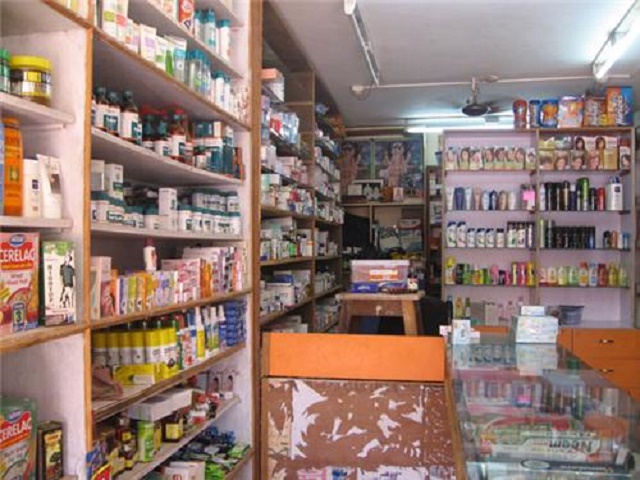The director listed the offenses to include poor handling of controlled substances, sale and dispensing of ethical drugs without the supervision of a pharmacist, unhygienic environment and poor documentation, among others.
“The PCN has been carrying out enforcement activities across the states in fulfillment of its mandate as stated in PCN Act Cap P17, LFN, 2015 and also in line with the National Drug Distribution Guideline of the Federal Government.
“This is geared at streamlining the drug distribution value chain to promote the provision of safe, effective and quality medicines distributed along with registered and currently licensed premises.
“These include manufacturing, distribution, wholesale, retail, hospital pharmacies, and the patent and proprietary medicines vendors’ shops.
“Registered premises are inspected in line with principles of Good Pharmacy Practice (GPP) and are made to meet up with the minimum acceptable standards before they are issued licenses to practice.
“Premises opened without recourse to the PCN cannot be guaranteed to have standards that will maintain the integrity of the products within such facilities.
“Furthermore, licenses are issued to stakeholders based on their training since medicines, if not properly handled and administered can be quite injurious to the end-user.
“Any premises found selling above their scope of operation such as sale and dispensing of ethical products without the presence of superintendent pharmacist or handling of controlled medicines by non-pharmacist is operating in violation of the law,” she explained.
According to her, the council was in Jigawa in continuation of its activities aimed at sanitizing the system for better pharmaceutical services delivery to the people of the state and the nation in general.
“In the course of the exercise, some stakeholders were found to have started operating without following the laid down guidelines to engage in handling of pharmaceuticals or sale of medicines to the public.
“Others could not read or write in English, a situation that portends great danger to the patient who is at the receiving end.
“So at the end of the exercise, a total of 462 premises were visited comprising 12 pharmacies and 450 patent medicine shops.
“And a total of 332 premises were sealed, comprising five pharmacies and 327 patent medicine shops.
“Three premises were issued compliance directives for various offenses ranging from poor handling of controlled substances, sale and dispensing of ethical/prescription drugs without the supervision of a pharmacist, and unhygienic environment, poor documentation, among others,” the director said.
She, therefore, advised the public to always ask for the registration status of facilities to safeguard themselves from patronizing quacks.
“The general public is advised to ask for the registration status of facilities where they access their medicines by requesting the current licenses issued by the PCN from any pharmaceutical outlet to safeguard themselves from quacks.
“The general public is further advised to visit PCN National Headquarters in Abuja or any of its zonal or state offices nationwide for proper guidance on how to set up such facilities by law,” she advised.
Mrs Aruya also solicited for more cooperation from all and sundry to sanitize the drug distribution value chain in the interest of public safety.
NAN reports that the council inspected the facilities in 26 out of the 27 local government areas of the state, with the exception of Guri due to flood which had cut off access to the area.
Source: Premiumtimes

 The Pharmacists Council of Nigeria (PCN) has sealed off 332 pharmacies and patent medicine shops in Jigawa for various offenses. Anthonia Aruya, the council’s Director, Inspection and Monitoring, stated this during a press conference in Dutse on Sunday.
The Pharmacists Council of Nigeria (PCN) has sealed off 332 pharmacies and patent medicine shops in Jigawa for various offenses. Anthonia Aruya, the council’s Director, Inspection and Monitoring, stated this during a press conference in Dutse on Sunday.




